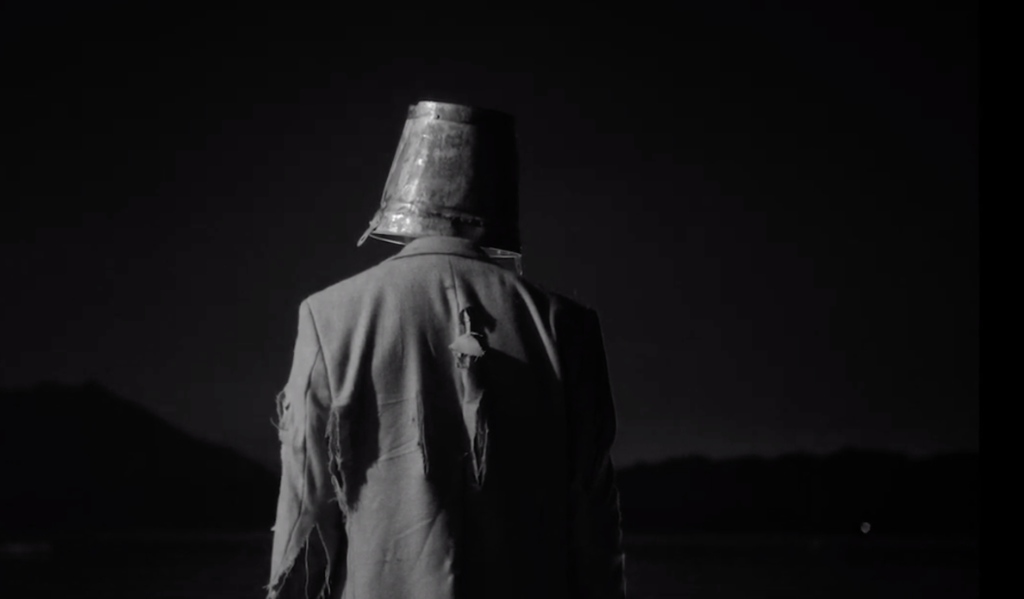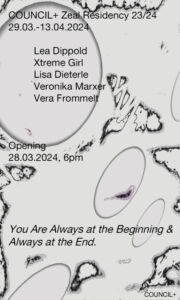Text by CLOT Magazine

Hong Kong-based musician and composer Olivier Cong will release Tropical Church on Lawrence English’s ROOM40 label in July, and today we are premiering the video for the track They Don’t Sleep on the Beach Anymore, a piece of music commissioned by a Hong Kong Art Book Publisher during the 2019-2020 protest.
Cong shared with us the emotional journey behind the piece They Don’t Sleep on the Beach Anymore. Originally commissioned for a book exhibition, the music accompanied readers throughout their entire session. Cong describes the piece as a cycle of people who came and went, a reflection of the complex feelings one experiences at the beach at night. It’s a sentiment that is often hard to articulate yet deeply overwhelming.
Tropical Church is not just a recording; it’s a testament to the emergent generation of new Hong Kong composers and sound artists. It’s a gateway to a new audio vision of Hong Kong. In Cong’s words, it’s a collection of little prayers manifested in different locations in Hong Kong. By combining layers of synthesisers, traditional Eastern/Western instruments and field recordings, Cong has created a certain kind of feeling that truly represents how he sees his home. It’s a powerful mixture of Hong Kong’s identities and ambitions, a far cry from the stereotypical portrayals of Wong Kar Wai or Jackie Chan.
As Cong states, in Tropical Church, you will experience music composed of piano, ambient electronics, shakuhachi, Chinese yuan, guzheng, and spoken words, which I think represent my feelings for home—Hong Kong. I wandered into a small church on Jordan Road, Tsim Sha Tsui, one of the busiest areas. Escaping from the heavy summer rain, I sat alone, submerged in the scent of dampened wooden pillars and frankincense. The traffic was busy outside; I could hear the cars dashing past and the occasional ambulance siren fading in and out; the church sat still in an undisturbed space. There, I thought of working on music that could capture this essence. It was nostalgic yet present.
When we asked about the conceptualisation of the video, Cong explained that it had two parts: the man with the tin bucket (the Tinman) and footage taken from old documentation of the 1997 Handover ceremony in Hong Kong. Linus Chan directed the Tinman video. The Tinman represents individual loneliness and depressive thoughts. After travelling across the cityscape, he ended up staring into the darkness of the ocean.
The handover ceremony represented the end of an era, such as a turning point. However, there’s this familiarity, not from experience, but from observations of daily lives. Though the footage is old, it seems like it was a while ago. Coupled with the music, I wanted to create this calm version of frustration, the gentleness of violent thoughts, all covered up by a bucket to the head, blended into the darkness of the ocean at night.











